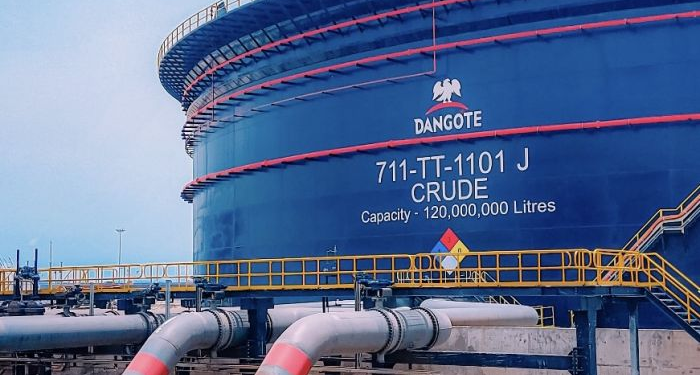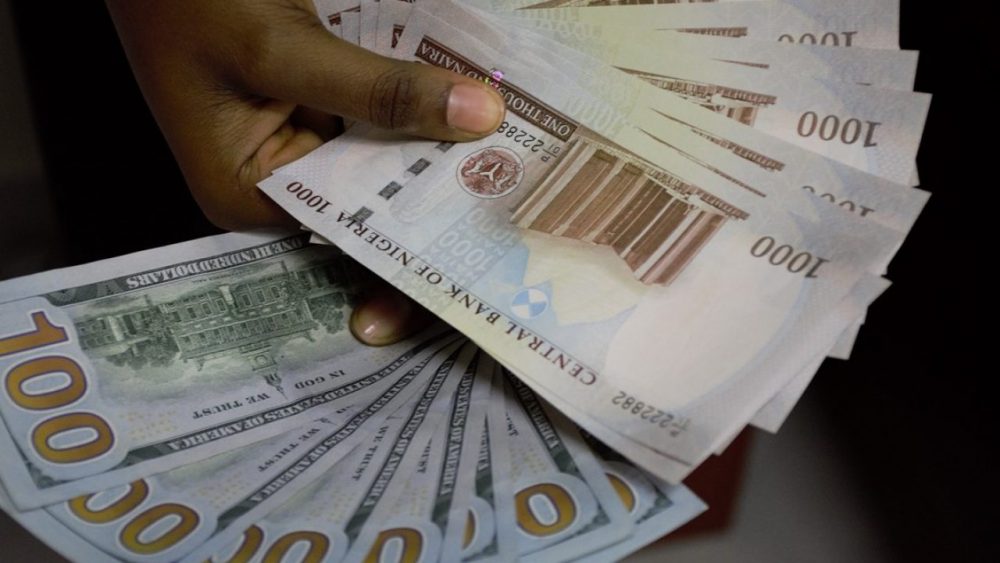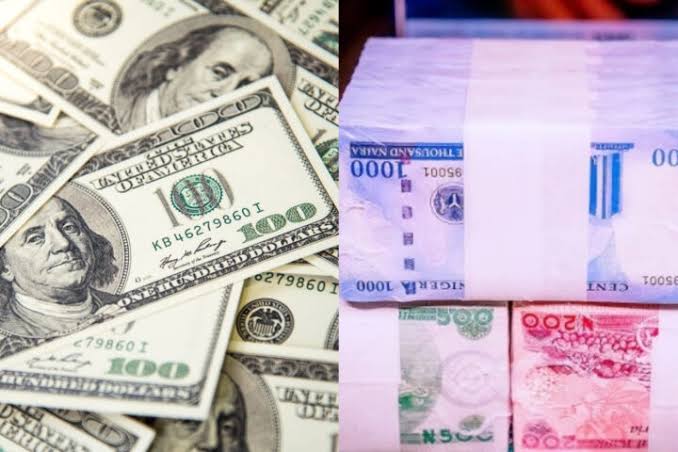Nigeria’s currency, the naira, has surprisingly decoupled from the price of oil, its main foreign-exchange earner.
Gatekeepers News reports that despite oil prices falling, the naira has stabilized, trading around 1,530 per dollar, largely flat on a year-to-date basis.
Analysts expect the naira to end 2025 near 1,556 per dollar, its average exchange rate in the first six months of 2025, after a 41% slump in 2024.
According to Ayo Salami, chief investment officer at Emerging Markets Investment Management Ltd., the naira’s stability can be attributed to; Undervaluation, Higher Non-Oil Exports, Lower Import Demand.
Additional factors contributing to the naira’s stability include; Weakening US Dollar, Foreign-Exchange Reforms, Global Risk Conditions.
A Bloomberg index for local bond performance is at a record high and has returned 19% this year, its best first-half performance since December 2020. The gauge for emerging-market local debt has returned 12% in the period. Stocks in the West African nation are up 18% this year.
“The NGN has become more correlated with global risk conditions,” said Samir Gadio, head of Africa strategy at Standard Chartered Plc. “Risk conditions have since improved materially; this has supported renewed portfolio flows into Nigeria debt even with oil prices currently below $70 per barrel.”








